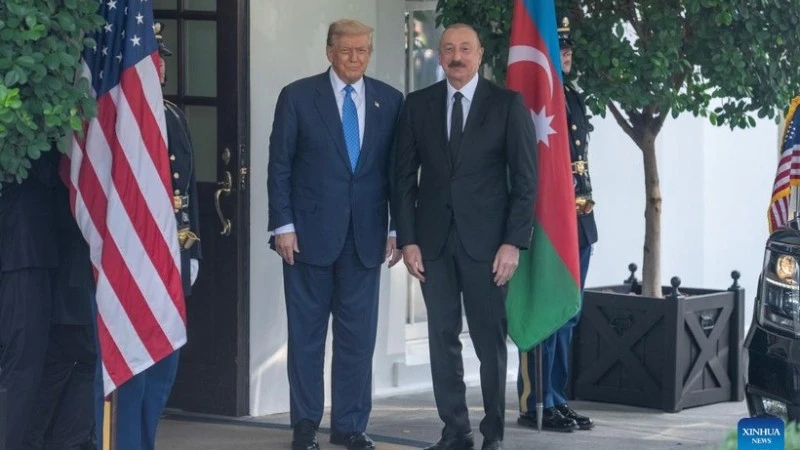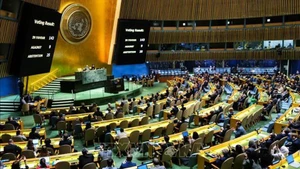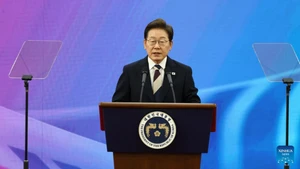The door to peace has been opened, though building trust between two nations with such a long history of clashes will require far more concrete, substantive actions than verbal commitments alone.
Mediated by the US, the historic peace accord between Armenia and Azerbaijan was signed at the White House, marking a major turning point in relations between the two Caucasus nations.
Speaking at the signing ceremony, US President Donald Trump stressed that 35 years of fighting was a long time, and that the two countries would now be friends for many years to come. According to Trump, Armenia and Azerbaijan pledged to halt all hostilities, open the way for trade, tourism and diplomatic relations, and, above all, respect each other’s territorial integrity.
Both Azerbaijani President Ilham Aliyev and Armenian Prime Minister Nikol Pashinyan expressed confidence in a new chapter for bilateral relations and a peaceful, prosperous future for generations to come.
This was the “sweet fruit” reaped after years of negotiations. The two countries that were part of the former Soviet Union had been locked in a nearly 40-year conflict over control of Nagorno-Karabakh, a region deep within southwestern Azerbaijan but populated mainly by ethnic Armenians seeking to secede and join Armenia.
In 2020, the dispute over Nagorno-Karabakh flared into a large-scale war, leaving some 6,000 people dead.
In November 2020, a Russian-brokered ceasefire was reached, but clashes continued as the agreement failed to establish a formal status for the disputed region — the key sticking point between Yerevan and Baku.
In 2023, Azerbaijan regained full control of Nagorno-Karabakh following a military offensive.
With international mediation, Armenian and Azerbaijani leaders met several times to seek a lasting settlement. In particular, since beginning his second term as US President, Donald Trump vowed to quickly bring Armenia and Azerbaijan to a peace deal.
On August 8, under US mediation, the two sides agreed to restore relations and permanently end all acts of hostility.
Undeniably, the historic peace agreement was a major achievement for the US in general and for Donald Trump personally.
The Armenian Prime Minister expressed his gratitude, saying the deal cemented Trump’s legacy as a “peace-maker”. Beyond making a strong mark on US foreign policy, at a time when efforts to resolve the Russia–Ukraine conflict or the Gaza war had yet to produce major breakthroughs, the agreement also served American interests.
According to Euronews, Yerevan and Baku agreed to grant the US the lead role in developing a strategic transport corridor through the South Caucasus, dubbed the 'Trump Route for International Peace and Prosperity'. Washington also signed bilateral agreements with both nations to promote cooperation in energy, trade and technology — a strategic move to boost US influence in the Caucasus.
The fact that Azerbaijan and Armenia have finally reached the threshold of peace after years of fighting has been welcomed by the international community. However, many remain cautious about the prospects for lasting cooperation, as the two nations have in the past seen conflict flare again despite signed agreements.
The European Union stressed the importance of ensuring timely steps are taken to maintain momentum towards full normalisation. Today’s positive developments are but the first building blocks in the long journey towards a brighter, more stable future for the Caucasus region.
















